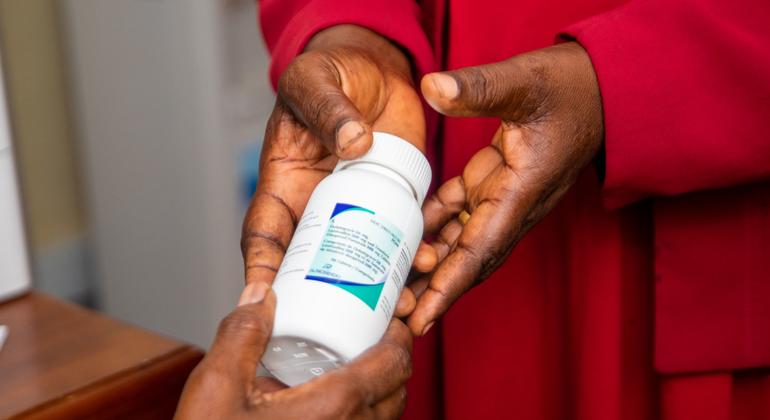
WHO warns of a health financing emergency
How did your country report this? Share your view in the comments.
Diverging Reports Breakdown
WHO warns of a health financing emergency
U.S., European governments, and EU bodies have frozen or scale down health aid. This is creating a health finance emergency in many developing countries. WHO is urging countries to reduce aid dependency, boost revenue through improved taxation and work with multilateral banks to secure low-interest loans for cost-effective health investments. WHO plans to attend the upcoming International Conference on Financing for Development in Seville to address the health financing crisis.
Dr. Chalkidou highlighted recent decisions by the United States, several European governments, and EU bodies to freeze or scale down health aid.
WHO forecasts indicate that global health investment is likely to drop by up to 40 per cent this year, down $10 billion from just over $25 billion in 2023. The estimated $15 billion spent on health aid would bring the figure down to the lowest level in a decade.
Impacts in developing countries
This funding shortage is creating a health finance emergency in many developing countries – particularly in sub-Saharan Africa – which depend on external aid to finance their health systems.
In numerous countries, US-financed healthcare programmes were the primary source of external aid, accounting for as much as 30 per cent of current health spending in countries like Malawi, and around 25 per cent in Mozambique and Zimbabwe.
Since 2006, external aid per capita in low-income countries has consistently exceeded domestic health spending.
Many sub-Saharan nations face soaring debt burdens – some spending twice as much on debt servicing as on health – making reallocation of resources difficult.
The consequences are severe: Dr. Chalkidou referred to a survey by WHO showing that countries today are reporting health service disruptions “not seen since the peak of COVID-19”.
Solutions
To address this crisis, WHO is urging countries to reduce aid dependency, boost revenue through improved taxation—including health taxes on products like tobacco and alcohol—and work with multilateral banks to secure low-interest loans for cost-effective health investments.
WHO also plans to attend the upcoming International Conference on Financing for Development in Seville, where global leaders are expected to address the health financing crisis and hopefully make new commitments.
Source: https://news.un.org/en/story/2025/06/1164706
